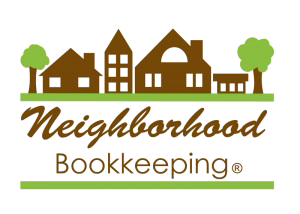How Flood Insurance May or May Not Help Homeowners
Summary: FEMA says that just one inch of water can cause $25,000 worth of damage to your residence. That begs the question: Should you invest in flood insurance? Click through to learn the basics of this insurance and what it does and does not cover.
As the name suggests, flood insurance is a type of insurance policy that will pay out if your home is damaged by flood waters.
If you are taking out a mortgage to buy a home in a federally designated flood zone, you are required to buy a flood insurance policy. These zones are in parts of the country in which the risk of serious floods is high. Your lender won’t give you a mortgage in these parts of the country if you don’t first buy flood insurance.
To find out whether the home you are buying sits in one of these areas, enter your ZIP code in FEMA’s flood map service center. Your mortgage lender will also be able to tell you whether you are required to buy flood insurance.
If your home isn’t in one of these areas, you still have the choice of whether to purchase this insurance or not.
Should you buy flood insurance?
If you want to lower the risk that a flood will leave you with a massive home repair bill, you should invest in flood insurance, even if your home doesn’t sit in a federally designated flood zone. As mentioned earlier, floods can cause serious damage to homes. And flood insurance isn’t overly expensive.
How much you pay will vary depending on your home’s elevation and how likely your area is to experience flooding. But you can expect to pay between $900 and $1,000 a year for this protection. To purchase flood insurance, call your insurance company or agent. You can find here a list of insurers that provide flood insurance.
You can purchase flood insurance for a residence that provides coverage for up to $250,000 for your property and $100,000 for its contents. If your home needs $50,000 in repairs after a flood, your insurance will cover this cost.
What does flood insurance cover?
The challenge with flood insurance is that it doesn’t cover all kinds of water damage.
The National Flood Insurance Program says that flood insurance covers damage caused by floods but not what it calls random water damage.
According to the NFIP, a flood is a temporary condition in which two or more acres of formerly dry land, or two or more properties, are flooded because of the unusual or rapid accumulation of runoff or surface waters. If your area is hit by heavy rainfall that results in flooded homes throughout the neighborhood, your flood insurance policy will typically cover damages.
Random water damage is different. This is when your water heater bursts, the pipe leading to your kitchen sink bursts or the sewer in your basement backs up. Your flood insurance policy won’t pay out in these instances. Your standard homeowners’ insurance policy might cover random water damage, although you will have to check with your insurer to be certain.
Are you debating whether flood insurance is a smart purchase? Contact your insurance provider, who can take you through the pros and cons of this type of protection.


